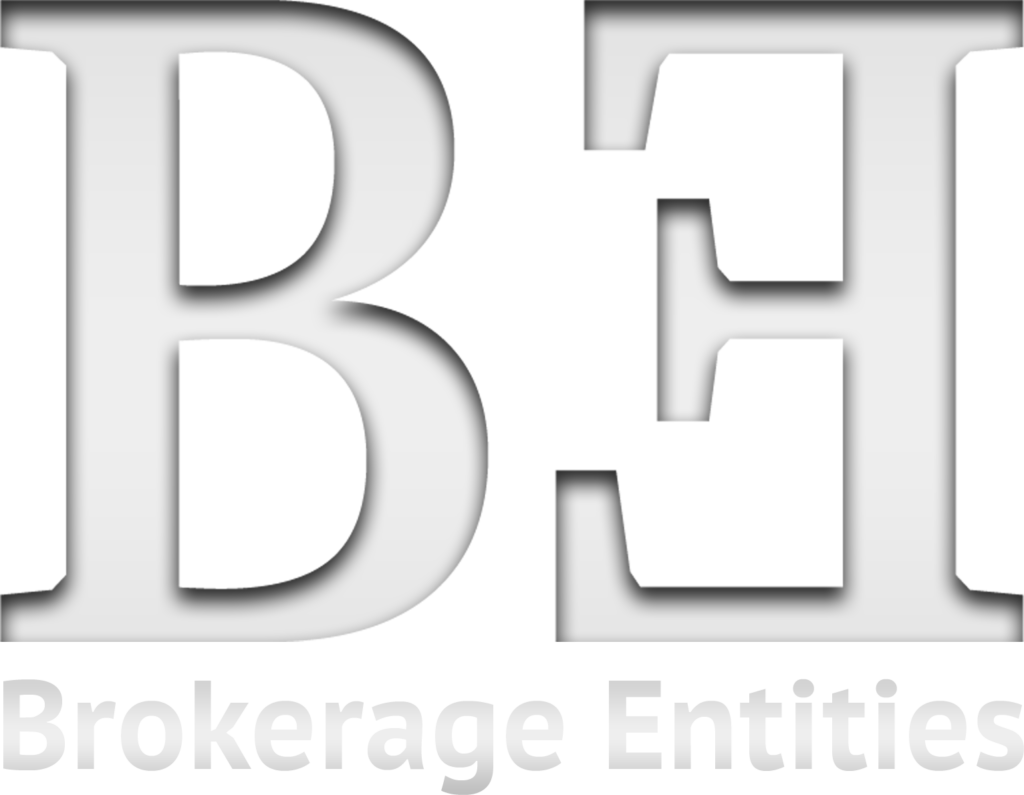The ban should save consumers struggling with debt thousands of pounds in unnecessary fees and ensure they receive better quality advice. It will put a stop to the business model which incentivises debt packagers to recommend certain options that make them more money rather than what is in the customer’s best interest.
The debt packager firms earn money from fees paid when consumers are referred to solution providers such as an Insolvency Practitioner for an Individual Voluntary Arrangement (IVA) in England, Wales and Northern Ireland or, in Scotland, a Protected Trust Deed (PTD).
By contrast, some other solutions may be more suitable for some consumers such as Debt Relief Orders (DRO) in England, Wales and Northern Ireland, or Minimal Asset Process (MAP) in Scotland which do not earn debt packagers any fees.
Based on the FCA evidence, the median referral fee to debt packagers for IVAs in 2019-2020 was £940, and £1,340 for Scottish PTDs. IVA or PTD fees can cost consumers £3,650 or more over their lifetime whereas DROs cost £90 upfront in fees and MAPs cost £50, subject to eligibility.
The FCA has seen evidence of debt packagers appearing to manipulate customers’ details so that they meet the criteria for IVAs/PTDs and using persuasive language to promote products without explaining the risks involved.
In some of the worst cases identified, the FCA found evidence of customers in financial hardship who were recommended solutions which caused greater harm, for example:
One consumer, who was homeless, was recommended an IVA costing them £6,000 when they could have been debt free in 1 year via a DRO for £90.
Another consumer was recommended an IVA by a debt packager when a different solution would have been more suitable. This cost them an extra £4,710 compared to a DRO and meant it would take 5 years longer to become debt free.
Existing debt packager firms will need to develop a new way of doing business by 2 October this year or face regulatory action. The ban comes into effect today for new entrants to the debt packager market.
Sheldon Mills, Executive Director of Consumers and Competition at the FCA, said:
‘Good quality debt advice is vital in helping people out of financial difficulty and poor advice can have a devastating impact on those who are already struggling.
‘This ban will put a stop to the business model that incentivises bad advice and reduce harm for consumers.
‘We are giving firms four months to help them adapt.
‘Anyone struggling with debt can get free and impartial advice from MoneyHelper or other services.’
The FCA will continue to make sure that credit markets work well for borrowers and firms. It wants debt advice firms to provide a high-quality debt advice service to consumers, helping them to manage their debts and to access a suitable debt solution where appropriate.
Firms representing two thirds of the market in customer numbers have either left or suspended their activities, since the FCA first raised concerns in July 2021.
Consumers who need help with their debts can get free and impartial advice from the MoneyHelper website provided by the Money and Pensions Service.
The FCA is also issuing guidance about how unauthorised businesses, who source potential customers and recommend them to debt solution providers who only offer one debt solution, may need to be authorised by the FCA.

